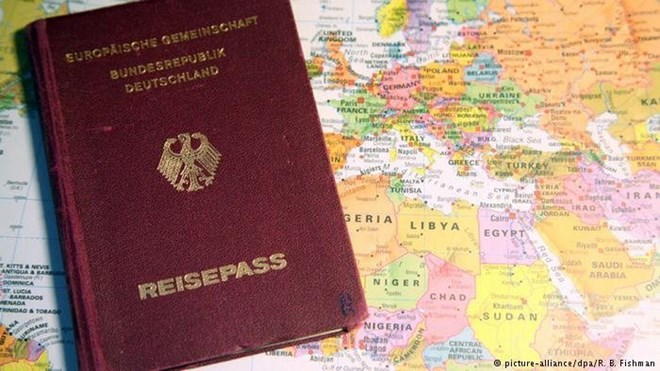
Saturday April 30, 2022

Foreign nationals can be naturalized in Germany without
producing official identity documents -- but only in exceptional cases. This is
according to a ruling at the Mainz administrative court.
A Somali living in Germany for over a decade had his
citizenship application rejected in 2019 on the grounds of not being able to
sufficiently prove his identity and nationality. This is because German
authorities generally do not recognize Somali passports and identity cards
issued since 1991 due to the overall chaotic conditions in the East African
country, which has been in a state of civil war for more than 30 years.
The Somali national, however, had arrived in Germany as a
refugee more than ten years ago, and after being granted asylum had fulfilled
all other conditions to qualify for naturalization. The plaintiff appealed
against this refusal, which was rejected in the first instance. The man
defended himself by filing a complaint with the administrative court.
In the administrative proceedings leading up to his
naturalization application being accepted, he in the end used signed affidavits
by his brother and uncle, who had been naturalized in Sweden and the United
States of America, respectively, to confirm their family ties and corroborate
his Somali origin.
The court confirmed the man's claim and obliged the
defendant city, Worms, to naturalize him. The court ruling was made public on
April 25, 2022.
The onus of proof
The judges at the court in Mainz said that these witness
statements must suffice in such exceptional cases, where the plaintiff simply
cannot meet the onus of proof otherwise expected in standard procedures.
The Somali national was in possession of documents that were
not recognized and was thus in a position whereby his "shortcoming in
delivering evidence (was) through no fault of his own," the court said,
adding that he had proven his identity by other admissible means. In such a
situation, according to the court, other evidence such as interviews or
statements by witnesses can also be used to clarify identity.
The court specified that in particular, the declaration of
the uncle, who still had an old Somali passport dating from before 1991, had
been decisive in the ruling. Other supporting documentation admitted in this
particular case included the hearing from his original asylum process and the
file kept on him at the foreigners' authority (Ausländeramt) for many years to
deliver a "coherent overall picture of the identity and nationality of the
plaintiff."
With AFP, epd